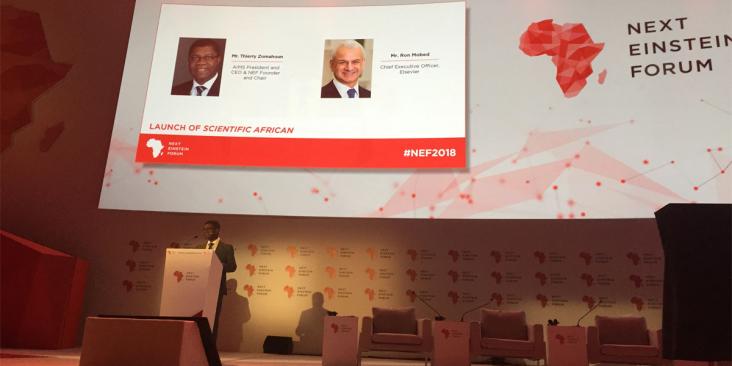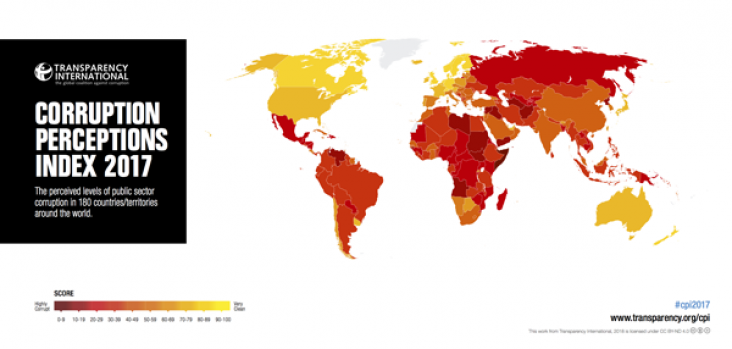
In the traditional farming community many homosexual farmers are struggling in silence with their sexuality. In a profession where suicide rates are among the highest in the UK, a new film is aiming to break the silence. This helps support SDG 3 (good health and well-being) and SDG 10 (reduced inequalities).
Despite the fact that getting a job with a living wage decreases the risk that an individual will commit another crime, society places many barriers to people with criminal records re-entering the workforce. SDGs 8 and 10 includes bringing the formerly incarcerated back as contributing members of society by providing meaningful work. SDG 5 also is impacted, as bias against women with criminal histories is greater than against men. A new study reveals that misconceptions that prevent employers from considering job applicants with criminal histories are not supported by the data; these workers prove to be as good or a better “quality of hire” than employees without a criminal record.
What can an employer do to make its workplace more veteran friendly? The following are some affirmative steps an employer can take to make its workplace fairer towards veterans and provide them with increased professional opportunities to level the playing field.

Supporting goal 10 (reduced inequalities) and goal 16 (peace, justice and strong institutions) Patrick Moulette, Head of the Anti-Corruption Division at the OECD shares how the legislative landscape has changed since countries signed the OECD Anti-Bribery Convention 20 years ago, and the impact it has had on companies’ attitudes towards compliance.

An XpertHR survey shows that the problem of sexual harassment continues to be a high concern of employers. Providing a safe and legal workplace environment are part of achieving SDGs 5, 8 and 10. This article addresses concerns and offers practical advice on preventing and/or addressing sexual harassment in the workplace.

Supports Goals 4 and 10. A unique partnership between the Next Einstein Forum (NEF) and Elsevier will see the creation of a new pan-African, peer reviewed, open access publishing journal, dedicated to boosting the global reach and impact of research by Africans.

Embracing gender equality, decent work and reduced inequalities are important to SDGs 5, 8 and 10. This article discusses how US workplace are becoming increasingly diverse, and organizations use this to create a competitive advantage.
In de Souza E Souza v Primark Stores Ltd, the employment tribunal awarded £47,433 to a transgender employee who suffered harassment and recommended that the employer adopt a written policy on how to deal with new and existing staff who are transgender or who wish to undergo gender reassignment. This advances goal 8 (decent work and economic growth), goal 10 (reduced inequalities) and goal 16 (peace, justice and strong institutions).

Supporting goal 10 (reduced inequalities) and goal 16 (peace, justice and strong institutions) the world’s most corrupt countries have been revealed in Transparency International’s 2017 Corruption Perceptions Index.

Supporting goal 10 (reduced inequalities), goal 8 (decent work and economic growth) and goal 16 (peace, justice and strong institutions) this blog discusses the fight for social justice and the links with inclusion and decent work for migrants in a global economy.
